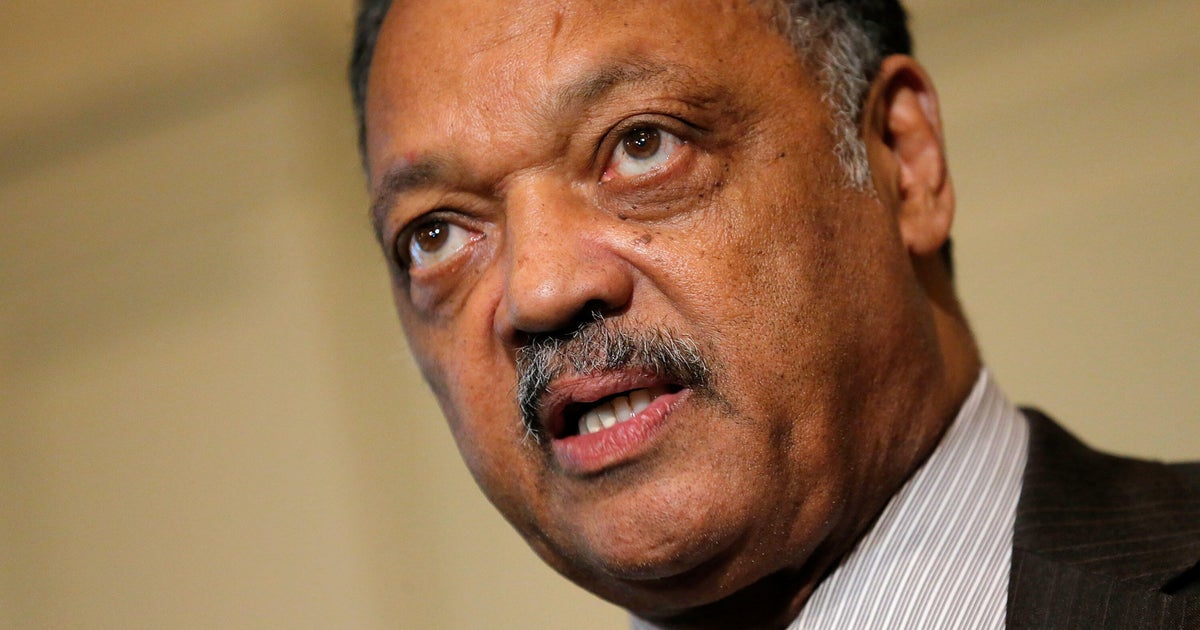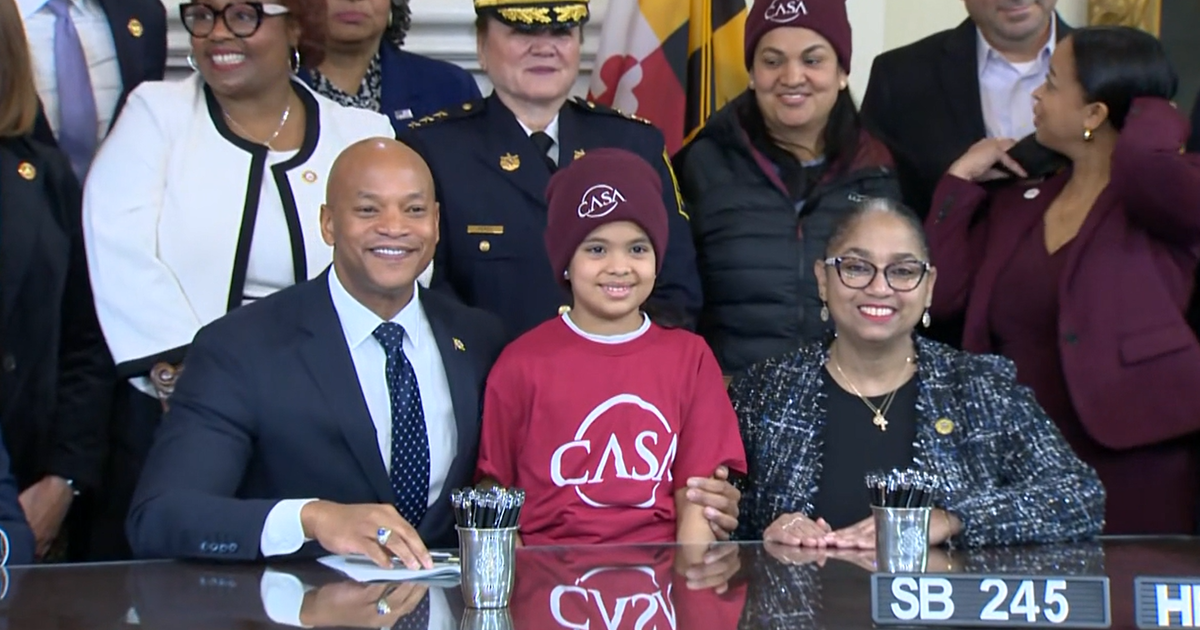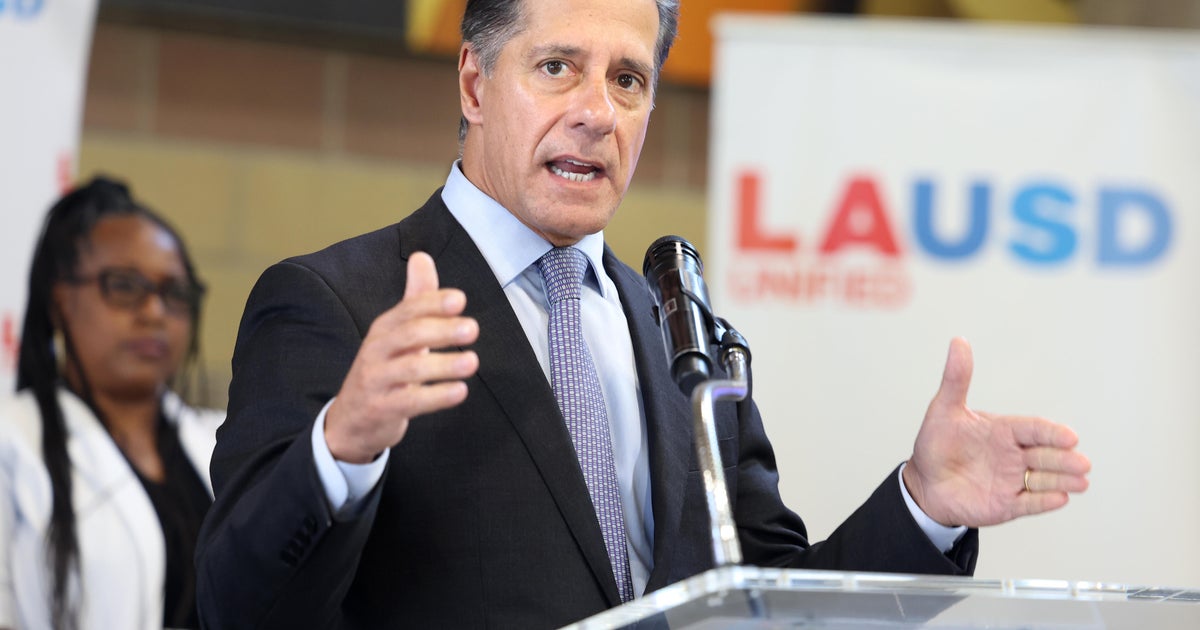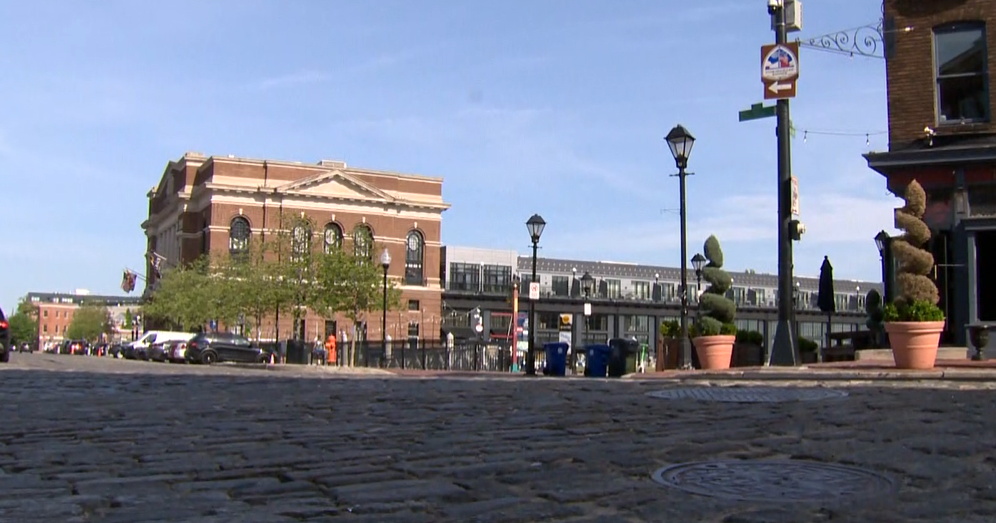WCBS 880 Interview: Connecticut Gov. Dan Malloy
NEW YORK (WCBS 880) - If a deal is approved, Connecticut could avoid laying off state workers.
Connecticut state workers will soon be voting, again, on a deal that will balance the state budget, calling for wage freezes for two years in exchange for no layoffs.
The deal was initially voted down, but the unions changed their by-laws to vote again and get it passed.
On the verge of that approval, Gov. Dan Malloy spoke live with WCBS 880's Paul Murnane and Pat Carroll on Tuesday morning.
LISTEN: The Full Interview
PC: This is really crucial, isn't it, to get this deal done?
DM: It is crucial in many ways, but what I have said is, one way or the other, the budget will be balanced. So, if I can make the $700 million in additional cuts, which we have proposed, or we can get this deal passed. I think it's in everyone's interest to get this deal passed, because, not only does it save $1.6 billion over the next couple of years, it actually has long-term structural changes that allow us to predict that we can honor our relationship and our commitments to our employees. Otherwise, quite frankly, everything's on the table, because what was set up by one of my predecessors back in 1997 is unsustainable. We're going to go bankrupt in the current system, and we have to perfect it.
PM: You had said the chances of this passing are about 50/50?
DM: It didn't go down. It didn't pass the first time, right? Although it did get 57 percent of the vote, at that point, they had rules that required that you get a much higher percentage. They've now changed those rules to basically 50 percent. But I'm not counting on it. What I'm saying is we negotiated for sixty days in good faith. We came up with a deal. It was unanimously recommended by the leadership. It didn't pass. We haven't changed the deal. It's been clarified, because there were some rumors that we would do one thing or another, so we clarified that wasn't the case. But this is up to labor now, it's not up to me. I'm not a member of those unions...I'm the Governor, who has sat down and negotiated what I think is a pretty good deal by any standard.
PC: Just to rehash, exactly what will happen if it's not ratified?
DM: If it's not ratified, about 5,500 people lose their jobs, and there are substantial other cuts on a programmatic basis across the board. So, a lot of Department of Motor Vehicles offices will close. A lot of social services offices will close. It's pretty tough stuff. I mean, you have to remember, when I was elected governor of the state of Connecticut, I was handed the worst per-capita deficit in the entire nation. We then cut about $800 million out of it, came up with a concession package, raised taxes - something that many other people didn't do - then the concession package went down.
I've always said there would be a plan B. I've made those changes. They're pretty horrific, I think. People don't want those. But, really, this is now up to labor, whether they want to see 5,500 of their fellow employees lose their jobs this year, and maybe more next year, and more the year after, or whether they want to come to the table, as we have, respecting bargaining rules, and reach an agreement.
PM: Those things that were on the table, those can be taken back easily, including the lay-off notices that have gone out?
DM: Yes. You know, I think, what we have said, is that the layoff notices for all unionized employees would be withdrawn. And they would then be covered with a no-layoff clause for four years. This thing saves about $1.6 billion in the short-run, about $21.5 billion over the next 20 years. And that's really the important part, because that what then puts us on a sustainable basis, where we know we can pay our bills in the future.
PC: Of course, we're talking about that an awful a lot on the national level right now - the debt ceiling debate in Washington. What would that mean for you at the state level in Connecticut?
DM: That would be atrocious for all 50 states. Interest rates would raise substantially. It would be harder to come by capital. So, a lot of infrastructure projects would become more expensive or be put on the sidelines. I think a lot of people in the country would lose their jobs. We know that, just as interest on credit cards would go up, interest rates for municipalities and state governments would go up. And we don't have the liberty of playing the games that, quite frankly, are going on in Washington. As an observer, it is a scary proposition that ideology would actually threaten the full faith and credit in the United States.
PM: Are you interacting with the Congressional delegation on this, or are you strictly focused on this local stuff now?
DM: No, I sent a letter to the President, and the Speaker, and the leadership of the Senate as well. And, my voice certainly has been heard. I think they need to get this deal done. I think the President has moved and moved and moved, and, quite frankly, every time he's moved, I think the Republicans, particularly caused by the Tea Party aspect of the party, has then moved the bar that much further. You know, I think the President asks a legitimate question: Can today's modern Republican party say 'yes' to anything?







